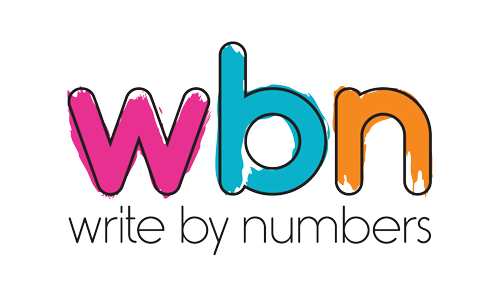50 Word Reviews: 3 Winters, Bull and Charles III
 We like theatre. We like words. So here are words (50 or fewer to be exact) about theatre we have seen recently. (Next time we’ll publish them before the shows concerned close and everything).
We like theatre. We like words. So here are words (50 or fewer to be exact) about theatre we have seen recently. (Next time we’ll publish them before the shows concerned close and everything).
3 Winters (Written by Tena Štivičić, National Theatre)
Ambitious (if uneven) mix of family drama and national politics that melds a great collection of roles for women with a wooshy set and several heart-pumping speeches about communism. Continues National’s trend of under-edited new writing, but important and moving on a history I feel ashamed for knowing little about.
(Corinne)
King Charles III (Written by Mike Bartlett, Almeida @ Wyndhams)
Impressively and unnoticeably written in verse, King Charles III is too predictable in the first half and not challenging enough in the second. Easy laughs abound and much fun is to be had here but flimsy cause and effect and characters mean it feels underwritten. Good populist fun.
(Charlie)
Bull (Written by Mike Bartlett, Young Vic)
Slick dialogue, direction and acting doesn’t mask the fact that in scale, imagination and scope Bull is disappointingly slight. Casually, maybe facetiously, bleak (with no possibility for change) I was never going to get on with Bull: humanity is both more terrible and more beautiful than anything on offer here.
(Corinne)
(NB: We actually like Mike Bartlett’s work A LOT, but – more messy, complicated, problematic, joyous stuff like Earthquakes in London and 13 please.)
